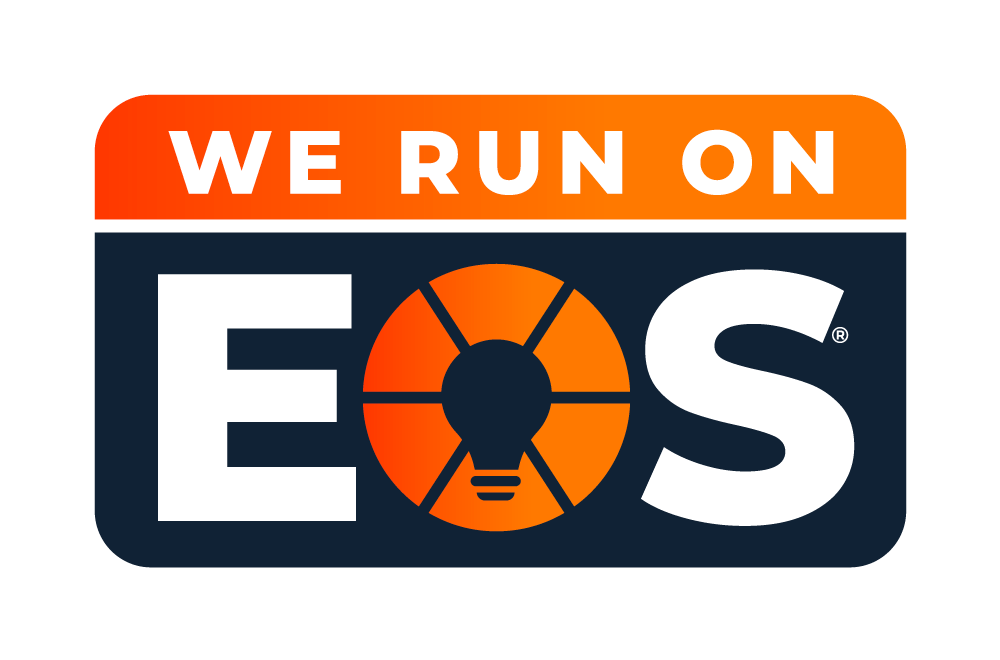In today’s digital world, Linux has become an indispensable tool for businesses and organizations of all sizes. From web servers to cloud computing, Linux is used to power a wide range of applications and services. As a result, the demand for System Admin has increased significantly in recent years. Let’s explore what Linux admin skills are, why they are important, and how to master them.
What are Linux administrator skills?
Linux admin skills refer to the ability to install, configure, and manage Linux systems effectively. This includes:
- Working with the command line interface and mastering basic Linux commands
- Understanding the file system hierarchy and file permissions
- Managing user accounts, group management, and control access
- Handling system configurations, system monitoring, and process management
- Automating tasks with shell scripting and scripting languages like Bash
- Configuring networking concepts, network hardware, and network protocols
- Ensuring backup and recovery procedures for system integrity
- Managing software packages, package management, and software installation
- Working with containerization technologies like Docker and Kubernetes
Mastering these technical skills is essential for anyone looking to build a career in Linux administration.
Why Linux Admin Skills Are Important
As mentioned earlier, demand grew hugely for sys admin recently. With Linux’s soaring popularity, firms need pros skilled at managing Linux systems. The Linux Foundation’s 2020 Open Source Jobs Report shows Linux skills are highly sought-after, with 92% of hiring managers hunting Linux talent.
Linux runs devices of every size, from phones to supercomputers. Linux system administrators work across diverse projects and technologies, constantly expanding knowledge and experience.
Due to the high demand for Linux administrators, the salaries for these professionals are also quite high. According to Glassdoor, the average salary for a Linux administrator in the United States is $95,000 per year.
Essential Linux Admin Skills You Need to Master
Account Management for Users
One of the Linux system administrator’s (SA) main responsibilities is user account management. It is also among the duties that junior-level SAs are typically assigned. This work is assigned to junior-level SAs since it takes a lot of time and is viewed as a “lower-level” activity. Although user account management is not a crucial activity like backup and recovery, troubleshooting, or patching, for example, that categorization is not intended to be offensive to anyone. You can find topics about user account management by searching Enable Sysadmin.
Command Line Proficiency
Advanced command line operations involve mastering text processing tools such as sed, awk, and grep, alongside understanding the nuances of shell scripting for automating intricate tasks. Customizing and configuring your shell environment (e.g., Bash, Zsh) with personalized aliases, functions, and prompts can significantly enhance workflow efficiency. This proficiency enables the execution of complex operations and customization of the command line interface to suit individual workflows, making it an invaluable skill set for any sys admin.
Structured Query Language (SQL)
Although learning SQL isn’t required for most SA jobs, I still advise you to do so. Knowing this is beneficial for many reasons, not the least of which is that it can help debunk the myth that any issue affecting a database server is tied to the infrastructure. It’s usually a good idea to go above your normal duties as a SA to advance your career and add value to an organization. Gaining new knowledge is always beneficial.
Scripting Mastery
The ability to automate complex tasks extends beyond basic scripts to include system health checks, log analysis, and the batch processing of files. Additionally, understanding the nuances of scripting across different Linux distributions and other Unix-like systems ensures that scripts are portable and adaptable. Mastering scripting not only saves time but also ensures consistent and error-free system management, making it a critical skill for efficient system administration.
Firewalls and routers for Networks
It’s critical to have some understanding of the internal operations of your network. Learn how to use the firewall and routers on your network. To determine whether your system configurations adhere to Linux system security guidelines, you should run host-based firewalls. You must ascertain which systems and their ports are accessible from the internet, as well as whether or not firewall exceptions have been set up. Request a read-only account with access to all network hardware if you don’t already have it so you can track and query configurations and changes.
Network Switches
Your servers are directly connected to network switches as system administrators, therefore you should be aware of configuration specifics like your VLAN setups and who can alter them. To run queries against all network switches and switch stacks, request read-only access. Additionally, you must be aware of maintenance procedures and operating system and switch hardware vulnerabilities because all of your systems are directly connected to network switches.
Virtualization and Containerization
With the rise of cloud computing, mastering virtual machines (VMware, KVM, QEMU) and containerization technologies (Docker, Kubernetes) is essential. These technologies enable efficient deployment and scaling of applications.
Configuration and Troubleshooting
Hardware system configuration, upkeep, and troubleshooting are Linux system administrator skills that must possess. You must possess the knowledge and skills to handle hardware malfunctions such as RAM, drives, NICs, ports, peripherals, and infrequent CPU failure. Even if all of your infrastructure is hosted or in the cloud, you still need to be aware of the hardware’s configurations, constraints, and weaknesses so that you can make sure your hosting provider or organization maintains security standards.
How to Master Linux Admin Skill
1. Learn the Basics
Before you can become a Linux sys admin, you need to have a strong foundation in the basics of Linux. This includes understanding the Linux file system, command line interface, and system administration tasks. There are many online resources available that can help you learn the basics of Linux.
2. Practice, Practice, Practice
To master these skills, you need to practice regularly. Set up a virtual machine or a dedicated Linux server and start working on different projects. This will not only help you gain hands-on experience but also enhance your problem-solving skills.
3. Join a Linux Community
Joining a Linux community can be a great way to learn from other Linux professionals and stay up-to-date with the latest trends and technologies. There are many online communities available, such as LinuxQuestions.org, Reddit’s r/linux, and the Linux Foundation’s Linux.com.
4. Obtain Certifications
Obtaining a Linux certification can be a great way to demonstrate your skills and knowledge to potential employers. There are many certs available, such as the Linux Professional Institute Certification (LPIC), Red Hat Certified System Administrator (RHCSA), and CompTIA Linux+.
Check out Yellow Tail Tech’s RHCSA prep course and other programs that can help you pass these tests.
Frequently Asked Questions
What is Linux basic knowledge?
Basic knowledge of Linux includes understanding fundamental commands, file system hierarchy, permissions, user management, and basic shell scripting. It also delves deep into the installation and configuration of software, process management, and editing texts using advanced text editors like Vim or Nano.
What does a Linux admin do?
They manage Linux systems to maintain reliability, optimal performance, and security. Job roles include installation and maintenance of system software, performance monitoring, handling user accounts, automation scripting, and troubleshooting.
How to add Linux skills to a resume?
Include your Linux skills—competence in commands, shell scripting, administration, and related tools or distributions. Mention key practical experience, certifications, or projects that demonstrate your know-how in Linux.
How to Prepare for a Linux Admin Interview?
Review file systems, networking, permissions, and system troubleshooting. Run some basic commands and situations. Be comfortable with standard tools for admin work like Ansible or Docker. Review the job-specific requirements and be prepared to discuss your level of experience with problem-solving. You can also check the article about possible Linux system admin interview questions.
Conclusion
With the high demand for system administrators and the growing popularity of Linux, mastering Linux admin skills can lead to a rewarding and lucrative career in Linux. By learning the basics, practicing regularly, joining a Linux community, and obtaining certs, you can become a skilled and successful Linux system administrator.
to help you get Ready to take the next step in your career? Book a 10-minute intro call today to explore our programs and resources and take the first step toward becoming a certified Linux pro!









